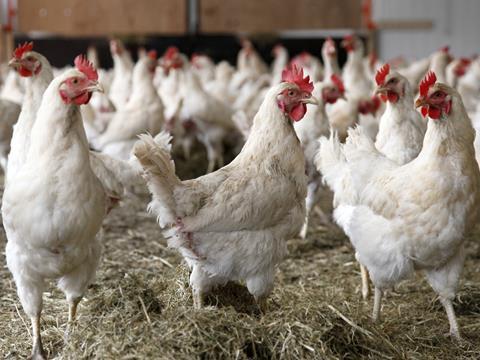
The poultry sector is bracing itself for another bird flu outbreak after Defra imposed a prevention zone for poultry and captive birds across England.
The zone, announced yesterday (6 December), will be in place for a month and has been introduced in response to a series of outbreaks of the pathogenic H5N8 avian influenza strain across Europe over the past few weeks.
Keepers of poultry and captive birds will be required to keep them indoors, or take appropriate steps to keep them separate from wild birds, until 6 January, and to reinforce biosecurity measures on their premises.
However, the alert is unlikely to affect this year’s Christmas turkey supplies, said British Turkey Federation chairman Paul Kelly, as most of this year’s crop was already slaughtered or in the process of being slaughtered and prepared for sale.
Defra said no cases had been reported or found in the UK, and that it was continuing to monitor the situation closely.
“This is an anxious time in the industry,” said farming minister George Eustice at a British Poultry Council event last night.
“But we’re getting quite used to dealing with these instances,” he added.
In recent weeks the disease had approached Calais, therefore imposing a prevention order was “the right thing to do so we can reduce the risk of contact”, said Eustice.
The decision to implement prevention zones was a “necessary step”, said Range Egg Producers Association CEO Robert Gooch.
“Housing birds presents significant challenges to free-range egg producers but they understand it is important to reduce the risk of AI spreading,” Gooch added. “It’s crucial for consumers to remember that AI is not a food safety issue and free-range eggs will remain a nutritious staple of British diets.”
The industry-wide Poultry Health & Welfare Group supported the move.
“The poultry industry has been liaising closely with Defra to ensure we are best prepared should the risk of bird flu heighten, and contingency plans are in place and under constant review,” said chairman Mark Williams. “Most birds can be taken inside their houses within a matter of hours. Where birds like geese and game can’t be housed, measures will be put in place to ensure separation from wild birds.”







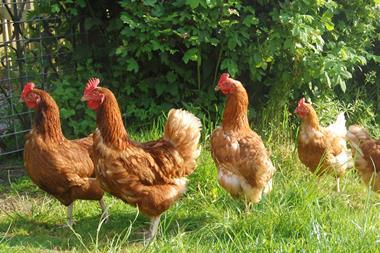
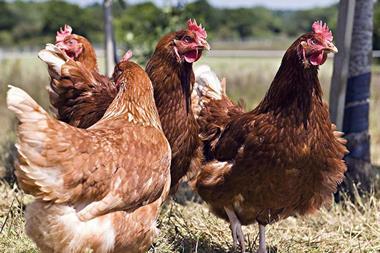
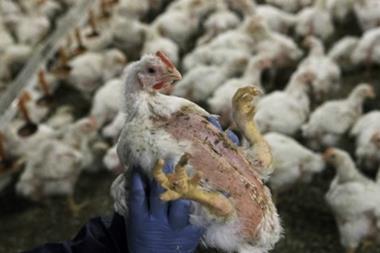
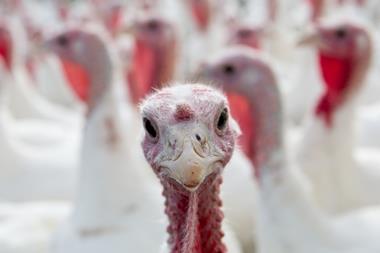
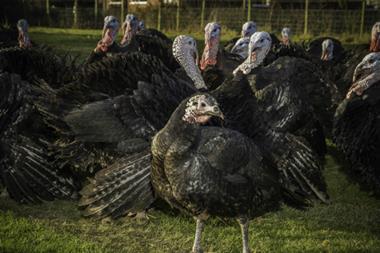
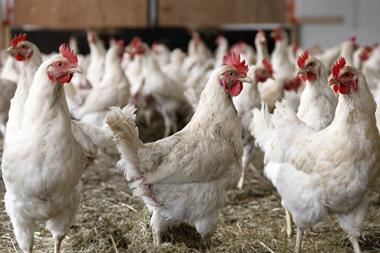






No comments yet